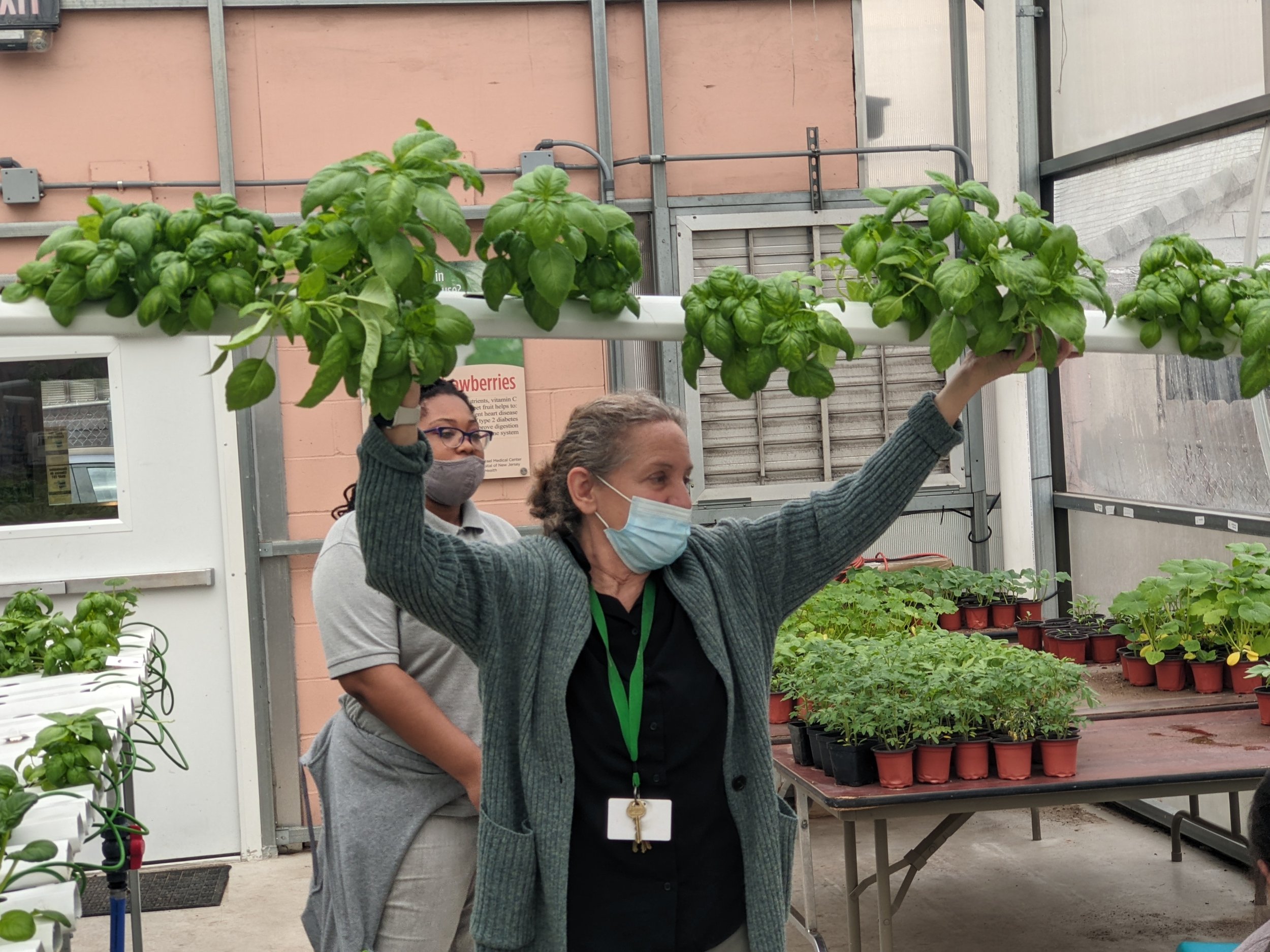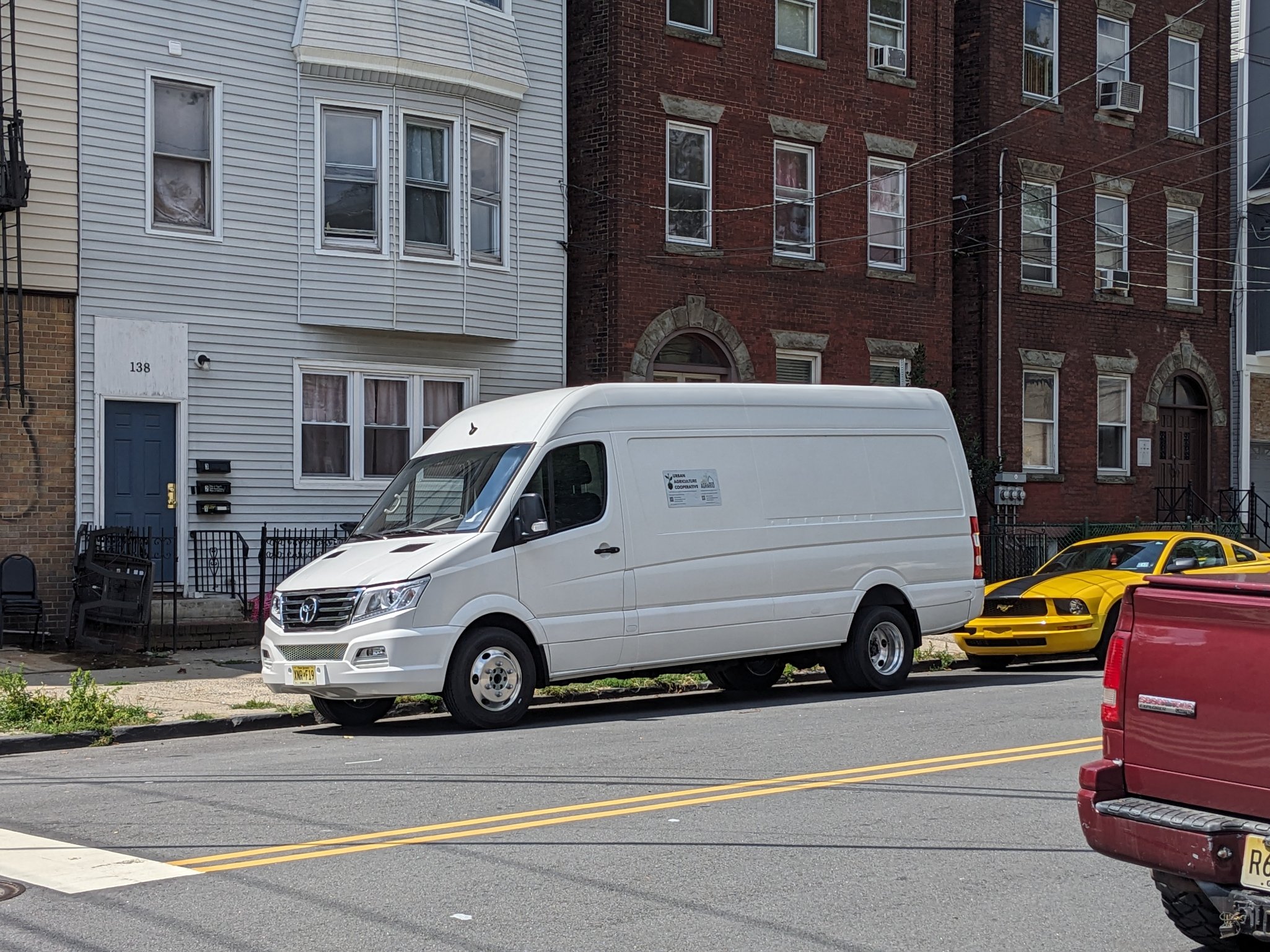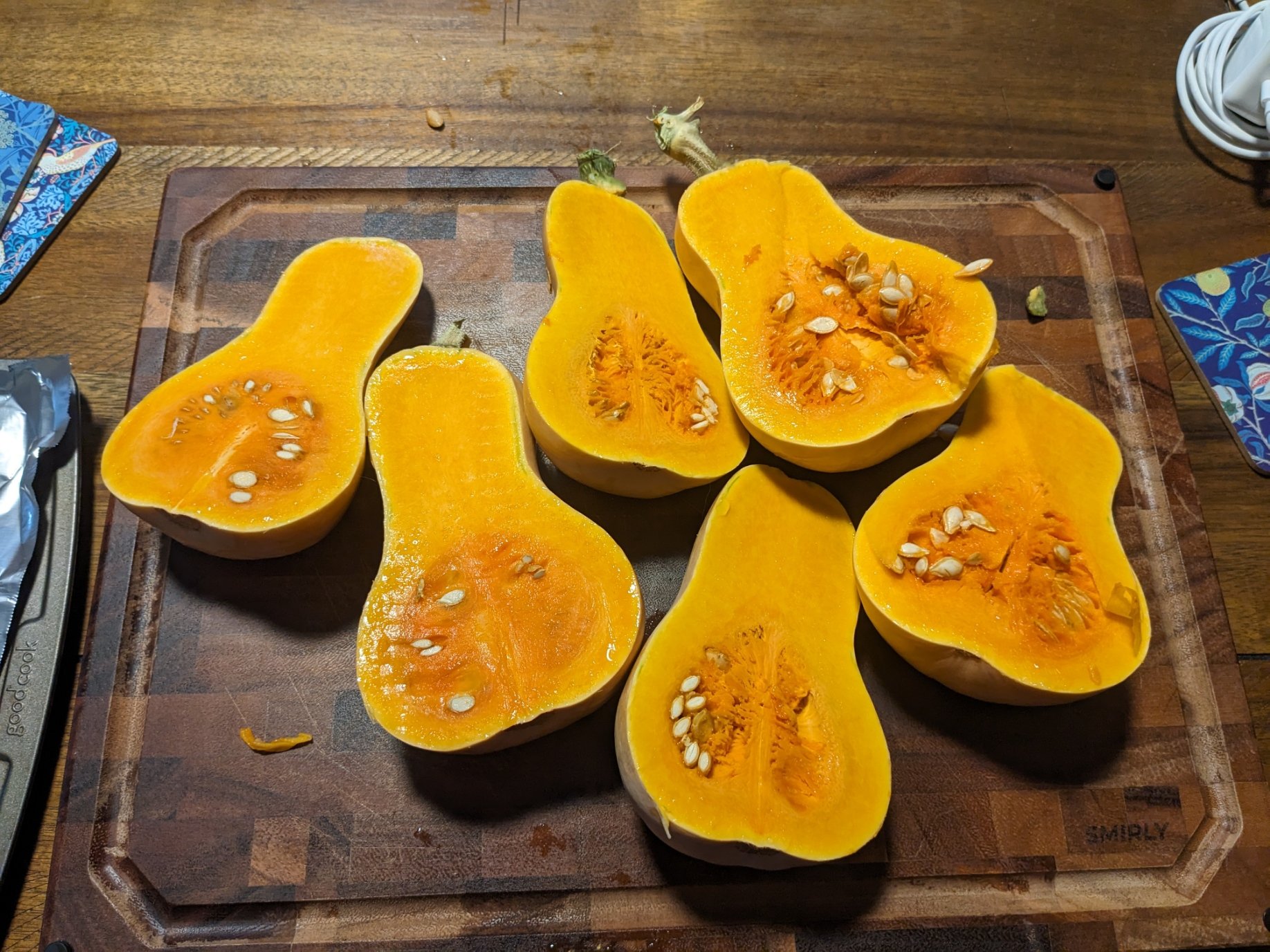
Our Mission & Vision
Urban Agriculture Cooperative exists to enhance the localized food system between underserved local food growers and consumers. Based in Newark, NJ, we are part of the “connective tissue” between farmers, institutions and families.
We operate a food hub distributing NJ products through farmer’s markets and wholesale; and consult on several related urban agriculture projects. In collaboration with many allies, we maintain an inclusive, sustainable, just and caring food economy for people and our planet.
Our Work & Services
Help urban and small/medium farms improve and coordinate sales through our hub.
Curate, pack and deliver ‘farms to families’ share boxes to medical partners, food pantries, schools, and other NGOs. We also broker wholesale to a variety of clients.
Assist farmer’s markets with technical assistance, staffing and coordination.
Train and employ students and young adults to become part of the local food system.
Consult on a variety of special projects that increase local food economic development.
Evolution of UAC
Urban Agriculture Cooperative began as a program arm of the non-profit Planting Seeds of Hope, which created community gardens to help clean up and restore vacant lots. UAC was developed to act as a support to urban agriculture practitioners focusing on bulk purchasing, fiscal sponsorship, and, importantly, consolidating to develop better local farmer’s market solutions and food distribution from grower to consumer.
In 2021, we stepped out of our gardens and into aggregation of other farmers, and began to hone in on building strategic partnerships and the best distribution systems to serve other farmers and many more consumers. Today we are working with key businesses and institutions to reshape how farm foods reach schools, pantries, small businesses and families.
Interested in Volunteering?
Goals and Objectives
Urban Agriculture Cooperative will continue to improve food access in urban communities, and support and encourage local growers to tap into those markets. But the ultimate goal is to create a long-lasting and resilient local food system. This system would be one in which as much locally produced food as possible is acquired by as many local consumers as possible, minimizing distance and steps between grower and consumer, and ensuring dollars are circulating directly between ‘farm’ and ‘table.’
In this model, the global food supply chain will certainly still play a role, as it takes many and varied products to feed a dense urban region. Yet we can improve the supply chain and coordination to preference a higher proportion of locally grown, fresh and culturally appropriate foods, produced hyper locally and in our state/region whenever possible. This is an urgent project that yields more social, racial and economic justice as well as more resiliency for our City.







